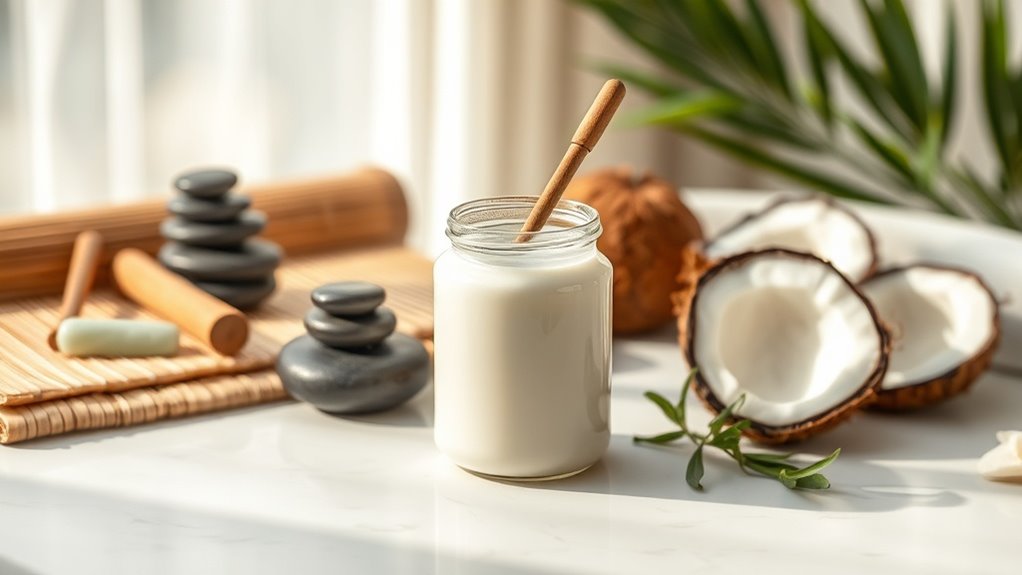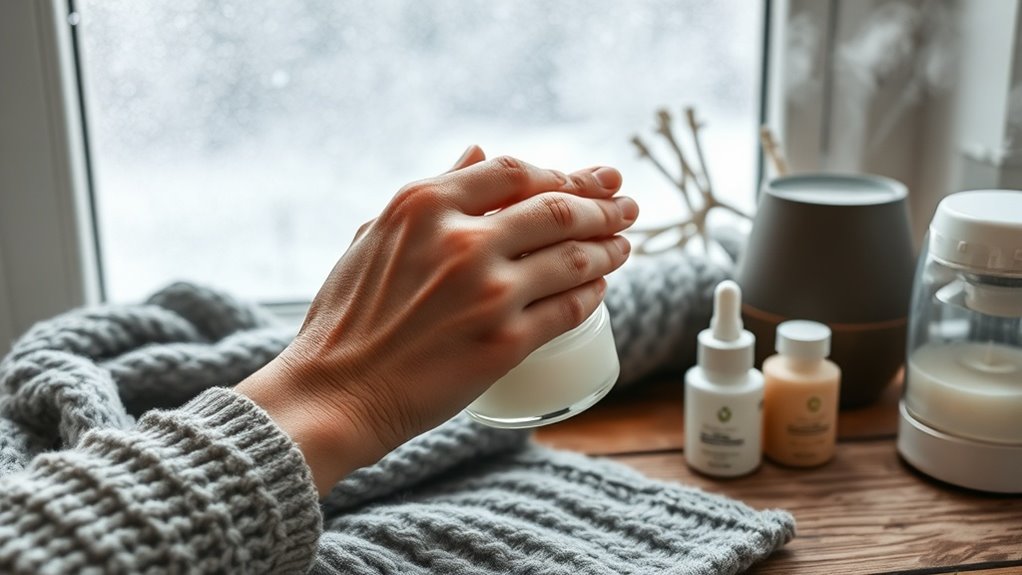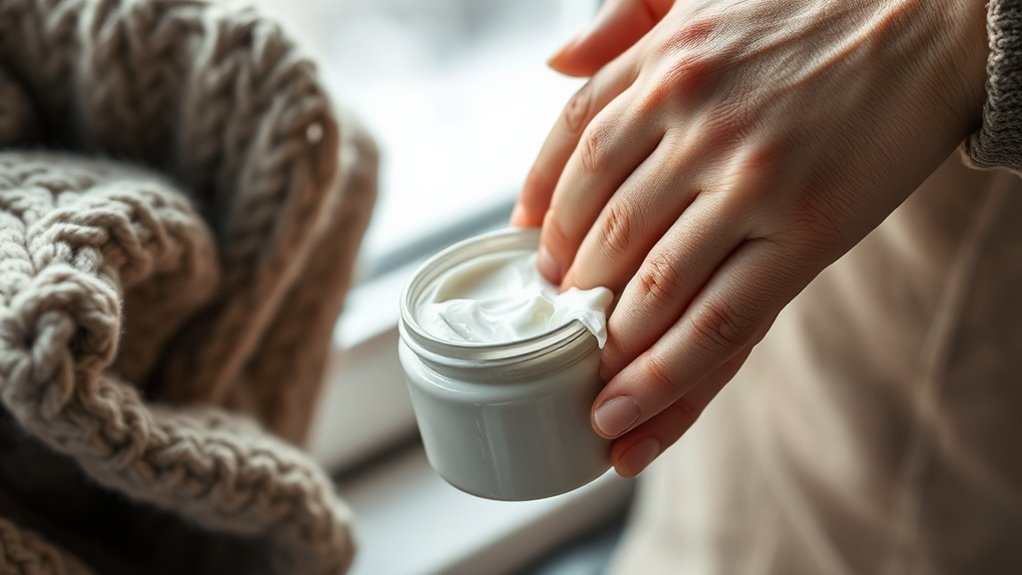Bloating Remedies That Actually Make Your Belly Feel Flat
Like a balloon that’s been stretched too far, your stomach doesn’t have to remain uncomfortably distended. You’re not alone in dealing with bloating – it affects up to 30% of Americans regularly. While temporary bloating is common, you don’t need to accept it as your daily reality. From simple dietary tweaks to proven natural remedies, science-backed solutions can help you achieve that flatter, more comfortable belly you’re seeking.
Understanding What Causes Bloating
Although bloating affects up to 30% of the general population, its causes can vary considerably from person to person. Common triggers include excess gas production from certain foods, digestive disorders like IBS, hormonal fluctuations, and food intolerances.
Before seeking bloated belly remedies, it’s important to identify your specific triggers through careful monitoring of symptoms.
You might experience bloating due to eating too quickly, consuming carbonated beverages, or having an imbalance in gut bacteria. Incorporating probiotic-rich foods can help restore gut health and mitigate bloating.
Medical conditions such as celiac disease, inflammatory bowel disease, or small intestinal bacterial overgrowth can also cause persistent bloating. Understanding these root causes is vital for selecting effective treatment strategies.
Natural Foods and Drinks That Fight Bloat
While numerous medications can reduce bloating, several natural foods and beverages have proven anti-bloating properties supported by clinical research.
Ginger and peppermint can relax your digestive tract, while fermented foods like kimchi and yogurt provide beneficial probiotics. You’ll find relief by consuming potassium-rich foods such as bananas and avocados, which help regulate fluid balance.
For beverages, fennel tea reduces intestinal gas, and water with lemon aids digestion. Cucumber and celery act as natural diuretics, helping flush excess water retention.
Green tea’s catechins can improve gut health and reduce inflammation. Additionally, incorporating a balanced diet into your routine can significantly enhance digestion and alleviate symptoms of bloating.
Lifestyle Changes for Better Digestion
Beyond dietary choices, specific lifestyle modifications can greatly reduce bloating and improve overall digestive function.
You’ll need to incorporate regular exercise, particularly walking after meals, which enhances gastric motility. Practice mindful eating by chewing thoroughly and avoiding distractions during meals. Set consistent mealtimes and don’t eat within three hours of bedtime.
Maintain good posture while eating and avoid tight clothing around your abdomen.
Manage stress through meditation, yoga, or deep breathing exercises, as anxiety can disrupt digestive processes. Get adequate sleep, as poor rest cycles can affect gut health and increase bloating symptoms. Additionally, consider the benefits of maintaining the pH balance in your body for improved digestion and overall health.
Quick Relief Remedies for Immediate Results
When bloating strikes suddenly, several proven remedies can provide rapid relief. You’ll find immediate comfort through specific interventions targeting gas and digestive discomfort.
| Remedy | Action | Time to Relief |
|---|---|---|
| Peppermint tea | Relaxes digestive muscles | 15-20 minutes |
| Activated charcoal | Absorbs excess gas | 30-60 minutes |
| Ginger | Reduces inflammation | 20-30 minutes |
| Deep abdominal massage | Stimulates gut motility | 5-10 minutes |
Apply gentle pressure in clockwise circles around your navel, or try the child’s pose yoga position to release trapped gas. These methods work by either absorbing excess gas, reducing inflammation, or promoting natural gut movement. Incorporating mindful eating techniques into your routine can also help minimize bloating in the long term.
Prevention Tips and Long-Term Solutions
To effectively manage bloating long-term, you’ll need to implement sustainable dietary and lifestyle modifications that address the root causes.
Maintain a food diary to identify trigger foods, and gradually increase fiber intake to 25-35g daily. Practice mindful eating by chewing thoroughly and avoiding rushed meals.
Establish regular meal times and limit processed foods high in sodium and artificial sweeteners. Stay hydrated with 2-3 liters of water daily, and incorporate probiotics to support gut health.
Regular physical activity, especially after meals, aids digestion. Consider stress management techniques like meditation, as anxiety can impact gut barrier function and digestive performance.




